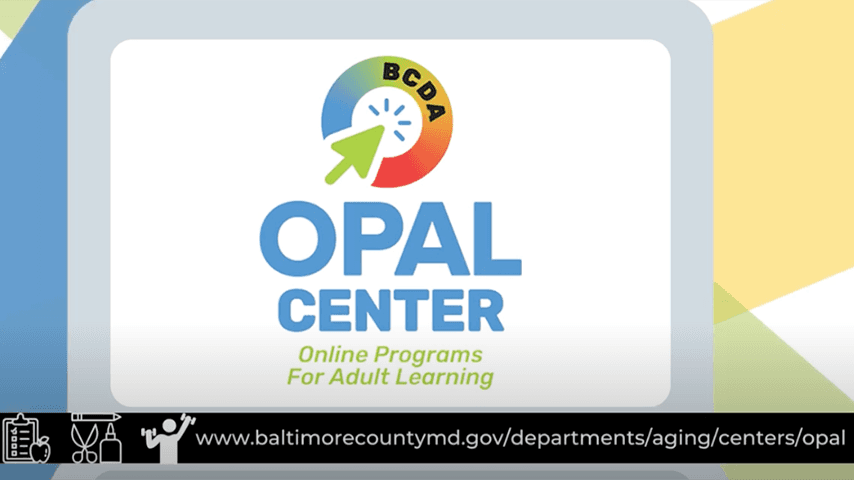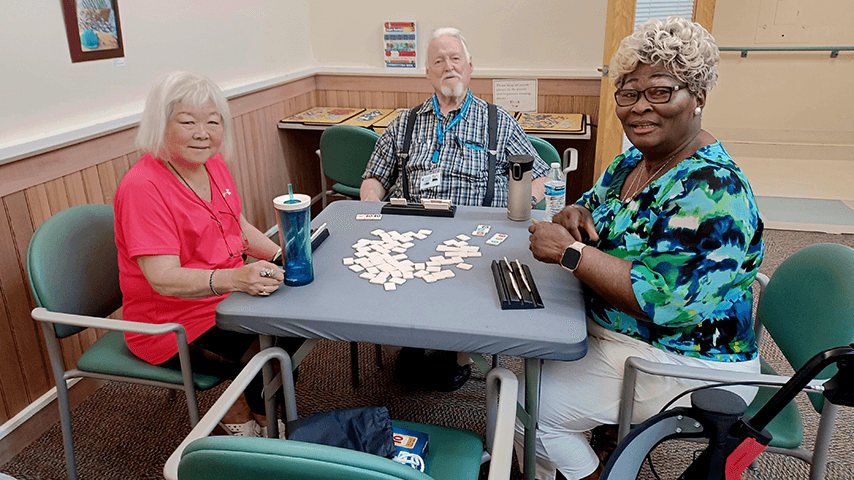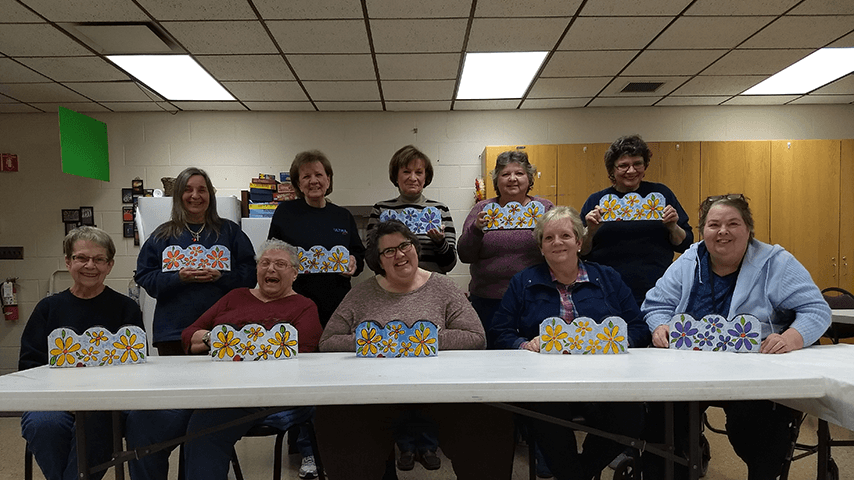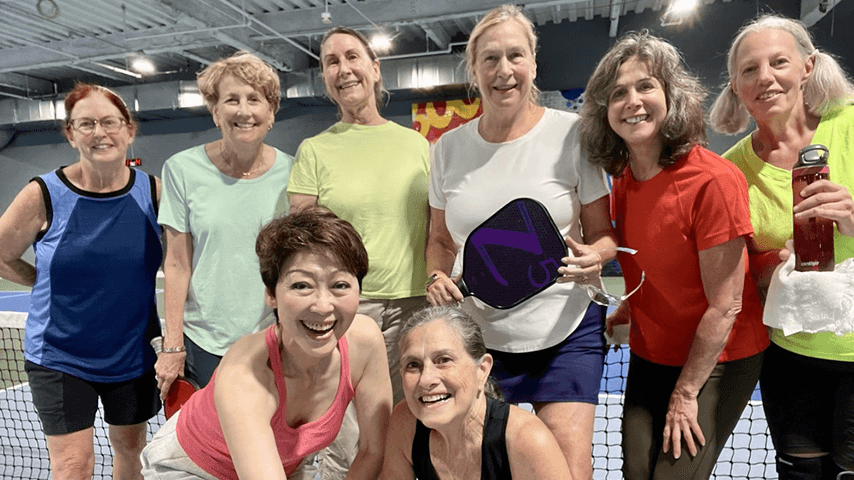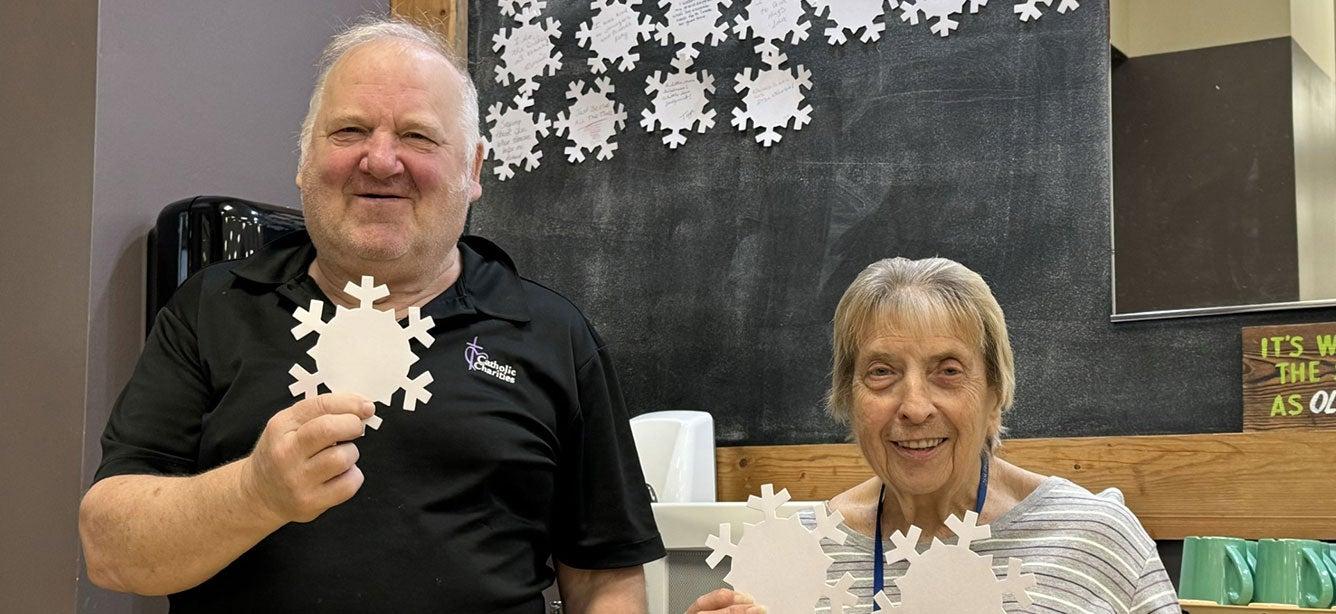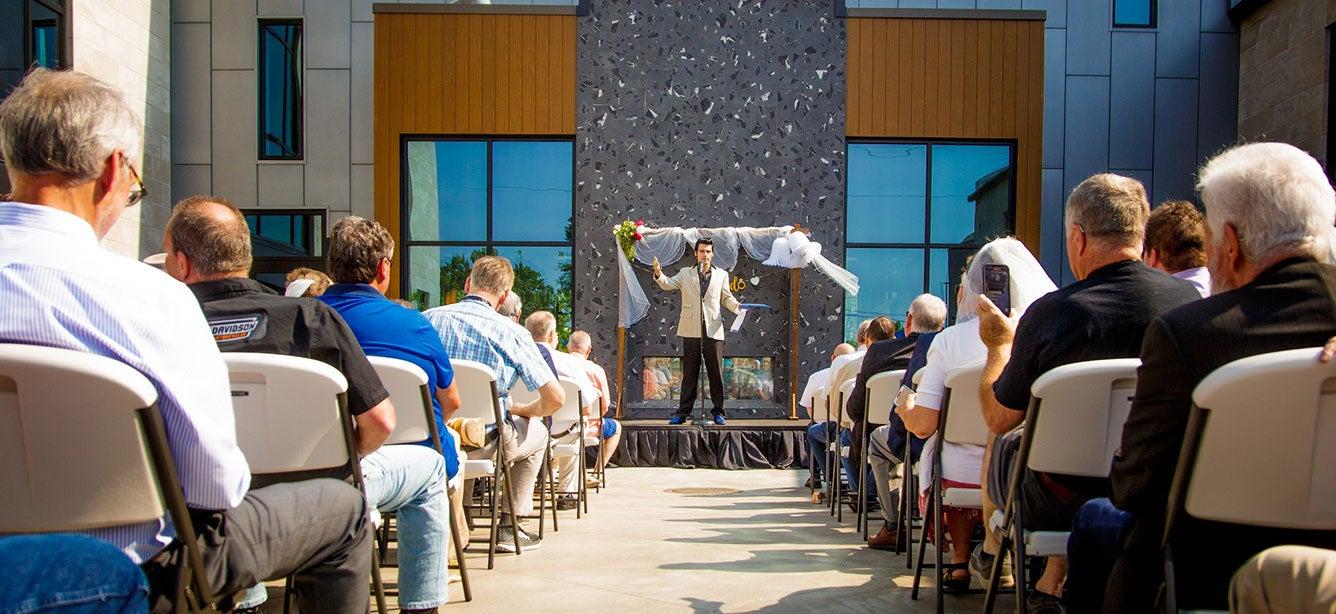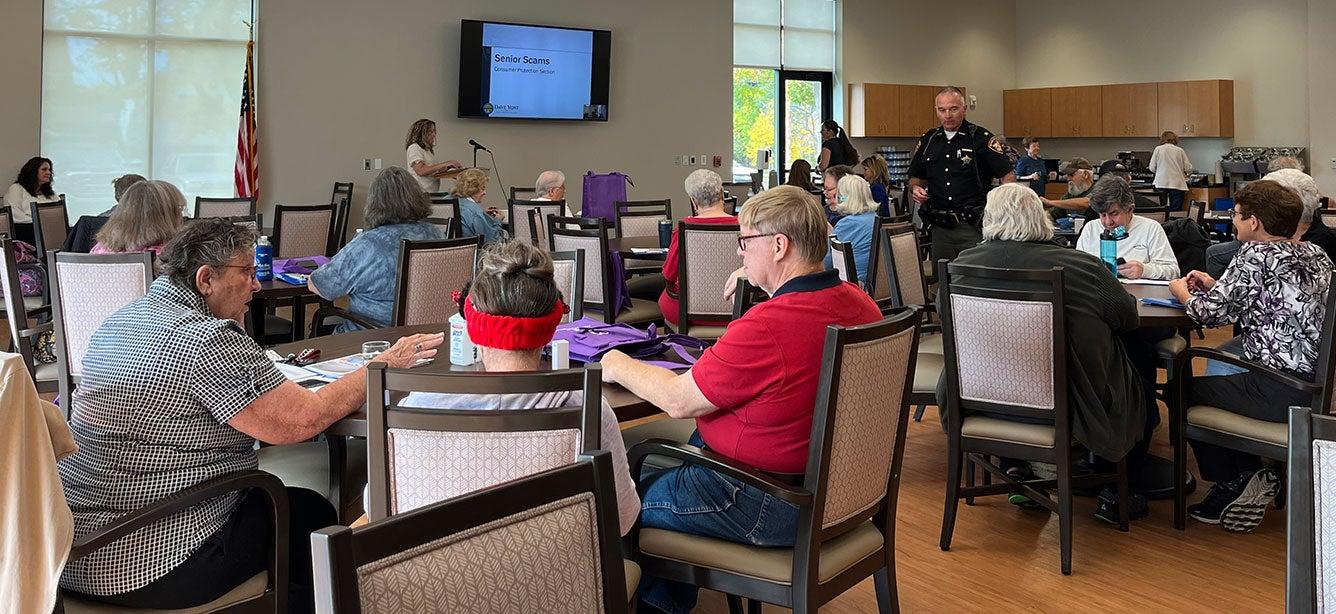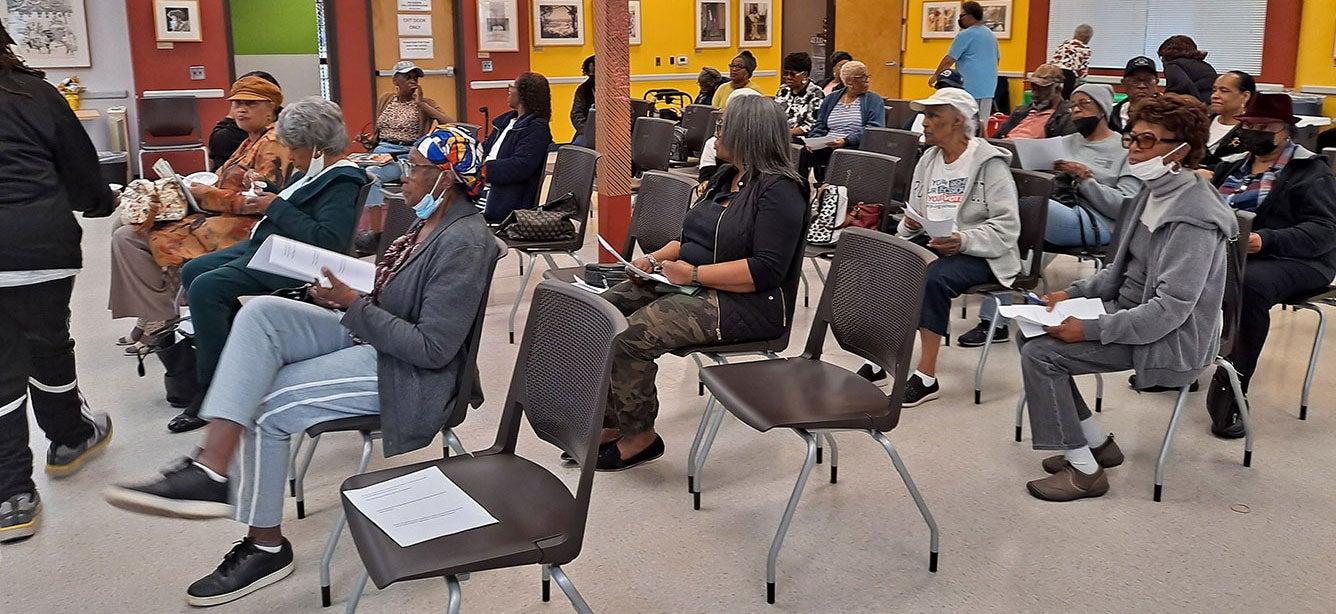Senior Center Spotlight
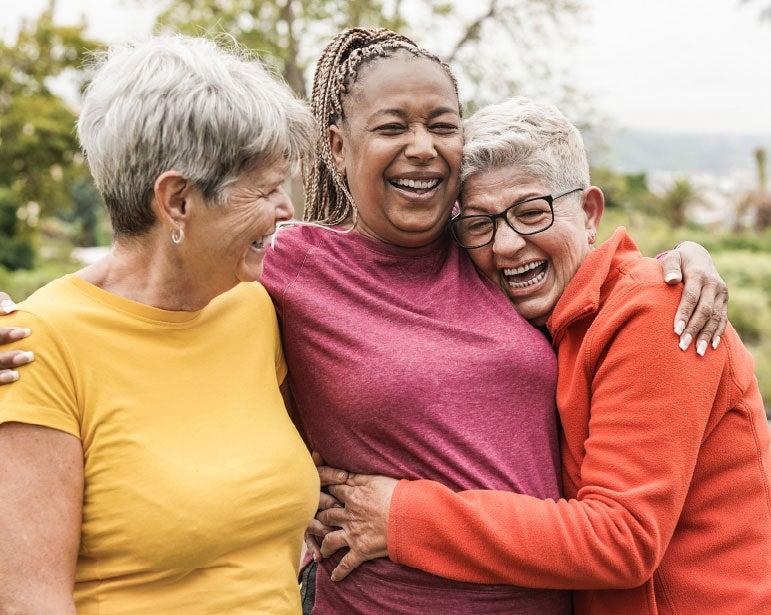
Celebrate Senior Center Month This September
September is National Senior Center Month—your opportunity to showcase your senior center and promote a positive image of aging. Join other senior centers as we learn from one another, tell powerful stories within our communities, and raise senior center voices in advocacy efforts that frequently overlook us.
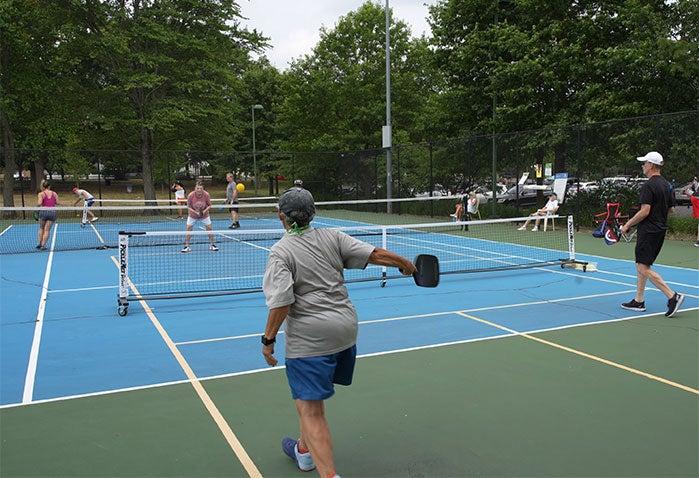
Share Your Senior Center Story
Help us learn from one another by sharing your story of how your senior center is improving the lives of older adults in your community.
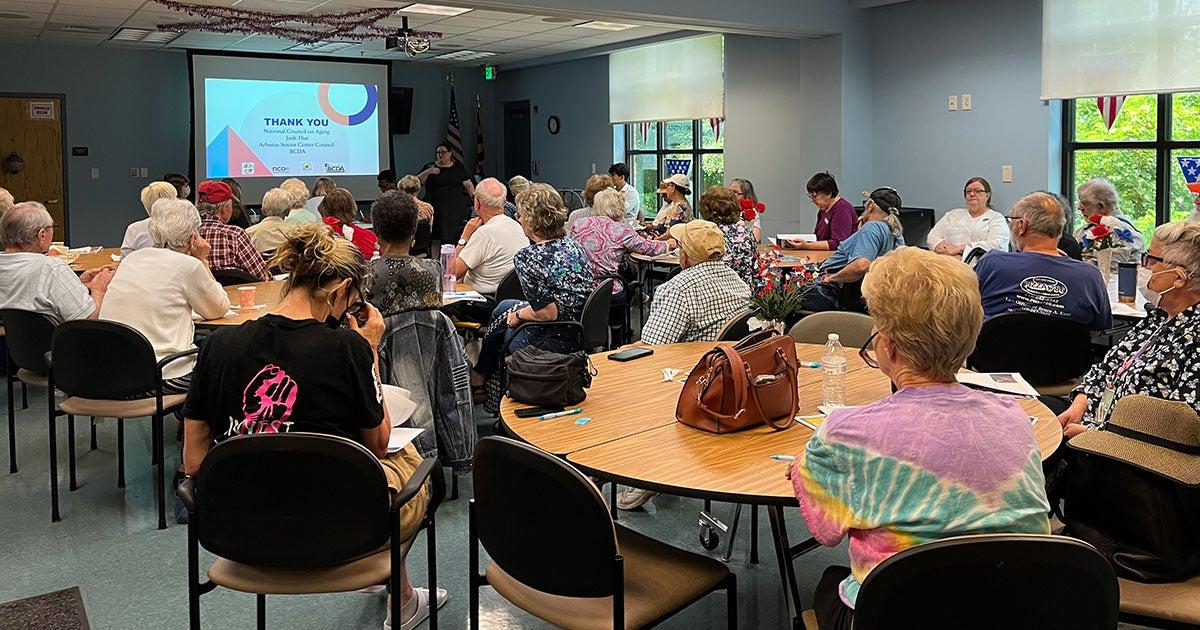
Get to Know the National Institute of Senior Centers
NISC Affiliate Benefits
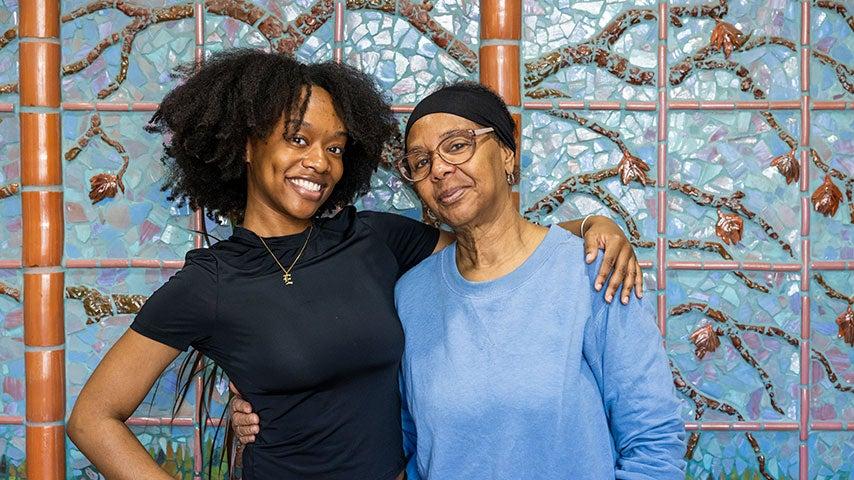
NISC Standards of Excellence
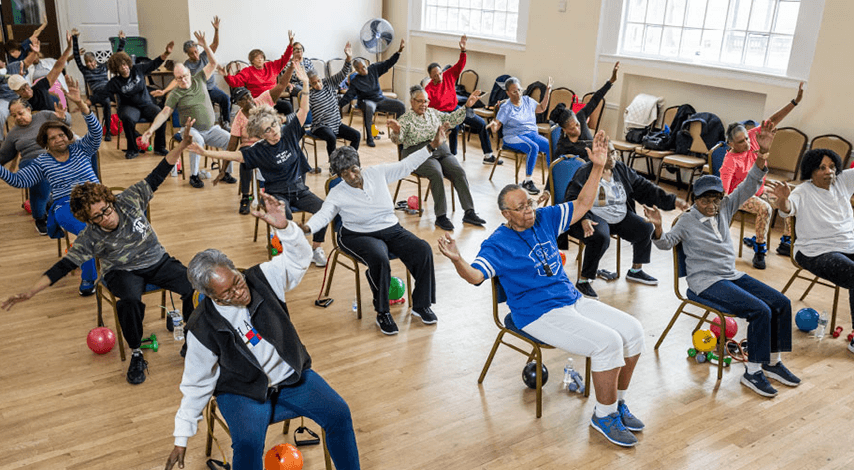
Not a NISC Member Yet?
Join the only national organization dedicated to serving senior center professionals. Free to join, NISC supports senior centers through best practices, professional development, advocacy, research, and national standards for senior centers.

